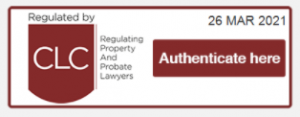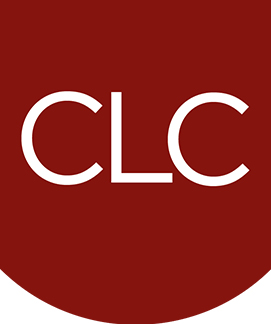This website uses cookies
We use cookies to improve your experience on our website. If you continue without changing your settings, we'll assume that you are happy to accept all cookies on the CLC website. You can change your settings at any time.
Necessary cookies help make a website usable by enabling basic functions like page navigation and access to secure areas of the website. The website cannot function properly without these cookies.
| Name | Provider | Purpose | Expiry | Type |
| CookieConsent | https://www.clc-uk.org/ | Stores the user's cookie consent state for the current domain | 1 Year | HTTP |
Statistic cookies help website owners to understand how visitors interact with websites by collecting and reporting information anonymously.
| Name | Provider | Purpose | Expiry | Type |
| _ga | https://www.clc-uk.org/ | Registers a unique ID that is used to generate statistical data on how the visitor uses the website. | 1 Year | HTTP |
| _gat | https://www.clc-uk.org/ | Used by Google Analytics to throttle request rate | Session | HTTP |
| _gid | https://www.clc-uk.org/ | Registers a unique ID that is used to generate statistical data on how the visitor uses the website. | Session | HTTP |
Marketing cookies are used to track visitors across websites. The intention is to display ads that are relevant and engaging for the individual user and thereby more valuable for publishers and third party advertisers.
| Name | Provider | Purpose | Expiry | Type |
| collect | google-analytics.com | Used to send data to Google Analytics about the visitor's device and behaviour. Tracks the visitor across devices and marketing channels. | Session | Pixel |
| GPS | youtube.com | Registers a unique ID on mobile devices to enable tracking based on geographical GPS location. | Session | HTTP |
| VISITOR_INFO1_LIVE | youtube.com | Tries to estimate the users' bandwidth on pages with integrated YouTube videos. | 1 Year | HTTP |
| YSC | youtube.com | Registers a unique ID to keep statistics of what videos from YouTube the user has seen. | Session | HTTP |
| r/collect | doubleclick.net | Unclassified | Session | Pixel |
Cookies are small text files that can be used by websites to make a user's experience more efficient.
The law states that we can store cookies on your device if they are strictly necessary for the operation of this site. For all other types of cookies we need your permission.
This site uses different types of cookies. Some cookies are placed by third party services that appear on our pages.
The law states that we can store cookies on your device if they are strictly necessary for the operation of this site. For all other types of cookies we need your permission.
This site uses different types of cookies. Some cookies are placed by third party services that appear on our pages.







